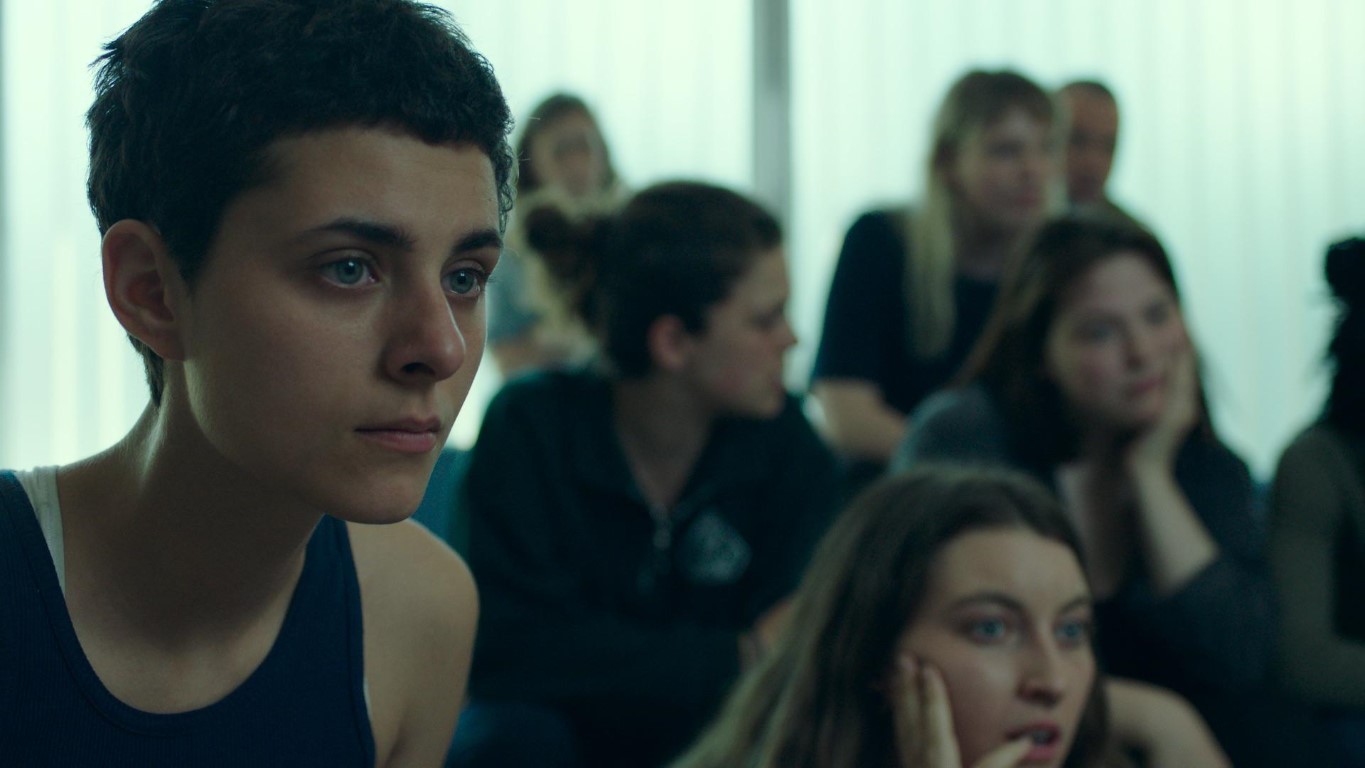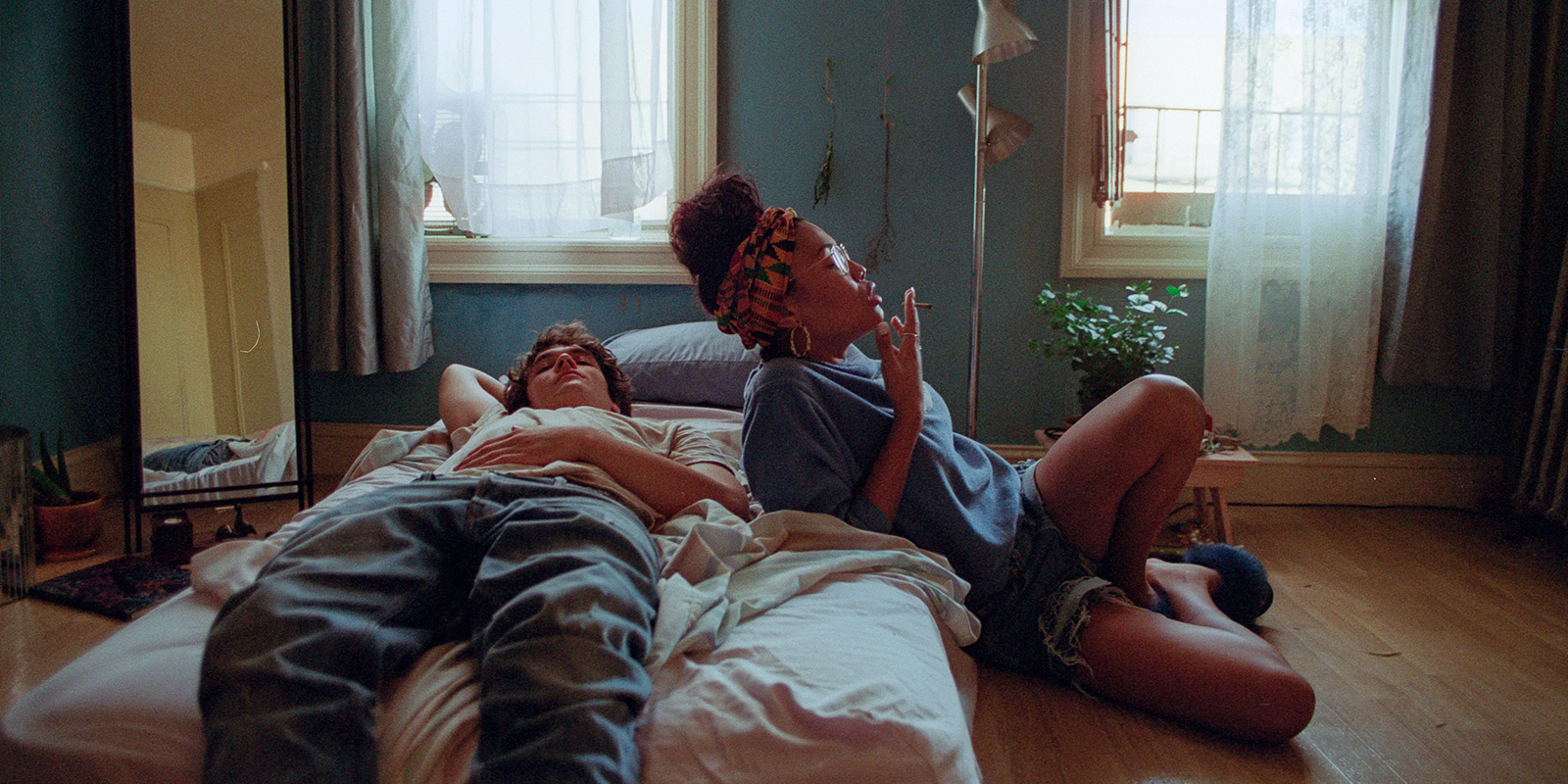
‘Antigone’ movie review
By Jerrison Oracion, Senior Columnist
4/5
The world is starkly contrasted to what it was a year ago, considering how racism is now getting more of a spotlight in the international discussion. The pandemic and the accusation that systemic racism exists in the RCMP not only increased conversations on racism in Canada but the injustice George Floyd faced for using counterfeit money additionally changed the way we think about the police and justice. Antigone was shown in the Vancouver International Film Festival last year and got five awards in the Canadian Screen Awards this year—including Best Motion Picture. The themes of immigration, policing, and the legal system are relevant to the focus right now.
Written and directed by Sophie Deraspe and based on the Greek play of the same name by Sophocles, Antigone Hipponomes (Nahéma Ricci) does very well in secondary school and lives with her family in Quebec as refugees from Kabylia. She is friends with Hémon (Antoine DesRochers) and Hemon’s father, Christian (Paul Doucet), is a local politician who gives them information. Antigone’s brother, Polynice (Rawad El-Zein), is involved in a gang called The Habibis. When he gets arrested, her other brother Étéocle (Hakim Brahimi) gets shot in the process. After getting advice from Christian that Polynice is likely to be deported if he is found guilty of his crimes, Antigone goes undercover in a prison break to rescue Polynice.
The film shows that credible evidence is very important and matters in a legal case—it can have a great effect on the verdict. Social media is an important aspect of the film; at one point, various bystanders were filming Étéocle getting shot with their cellphones. The video showed that he was holding his cellphone instead of a gun, giving another side to the story.
There were also montages where the public reacts to Antigone’s actions on social media posts and it shows that sensationalizing a story can make it go too far. It was interesting that women were treated with better conditions in prisons than men considering the cleanliness of their cells and the quality of the food that females get. Depending on the facts in the case, if you get great legal advice from a lawyer that understands legal terms, you will have a successful case.
There were times when it would cut to another scene midway through a conversation. Also, the film ends with a styled shot reminiscent of François Truffaut. There are a lot of films that talk about racism and Antigone is one of them. It is also a film about a girl who challenges the system to find justice for her brothers. Watch this film now if you are interested in such political themes that are monumental today. Antigone is available now on Crave.

